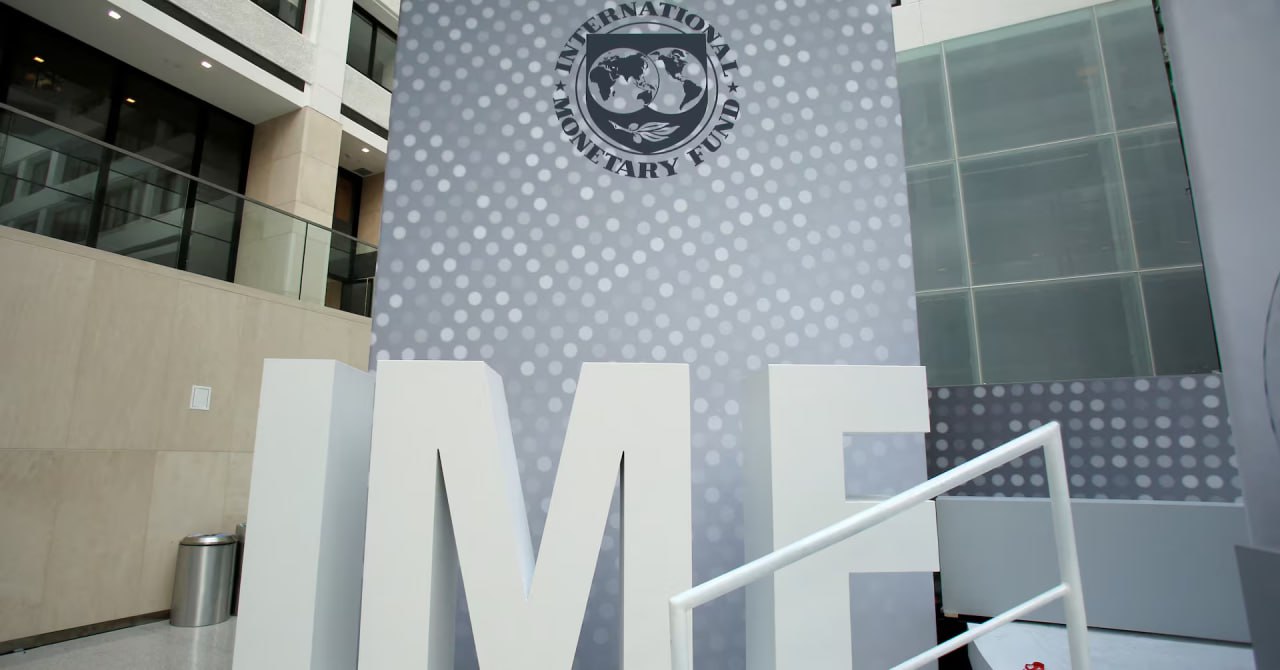World faces persistent low growth in absence of productivity reforms, IMF says.
Global economic growth will reach just 2.8% by 2030, a full percentage point below the historical average, unless major reforms are made to boost productivity and leverage technologies such as artificial intelligence, the IMF said on Wednesday.
The International Monetary Fund released a chapter of its forthcoming World Economic Outlook (WEO) that showed further declines in the global growth rate, which has slowed steadily since the 2008-2009 global financial crisis.
Without ambitious steps to enhance productivity, global growth is set to fall far below its historical average,” the IMF said, warning that expectations of weak growth could discourage investment, possibly deepening the slowdown.
The global lender said the persistent low-growth scenario, combined with high interest rates, could also restrict governments’ ability to counter economic slowdowns and invest in social welfare or environmental initiatives.
“All this is exacerbated by strong headwinds from geoeconomic fragmentation, and harmful unilateral trade and industrial policies,” it said in a blog accompanying Chapter 3 of the WEO, to be released in full next Tuesday.
A year ago, the IMF said it expected medium-term growth to hover around 3%.
The new forecast reflects downward revisions for medium-term growth across all income groups and regions, most significantly in emerging market economies.
The IMF urged countries to take urgent action to counter the weakening growth outlook, warning that it worsened prospects for living standards and global poverty reduction.
An entrenched low-growth environment, coupled with high interest rates, would threaten debt sustainability and could fuel social tension and hinder the green transition,” it said.
The IMF said a range of policies, including better allocation of capital and labor and tackling labor shortages in major economies with aging populations, could offer hope.
It said the growth rate of the global labor supply would reach just 0.3% in 2030, less than a third of its average in the decade before the COVID-19 pandemic.
Source: Reuters




